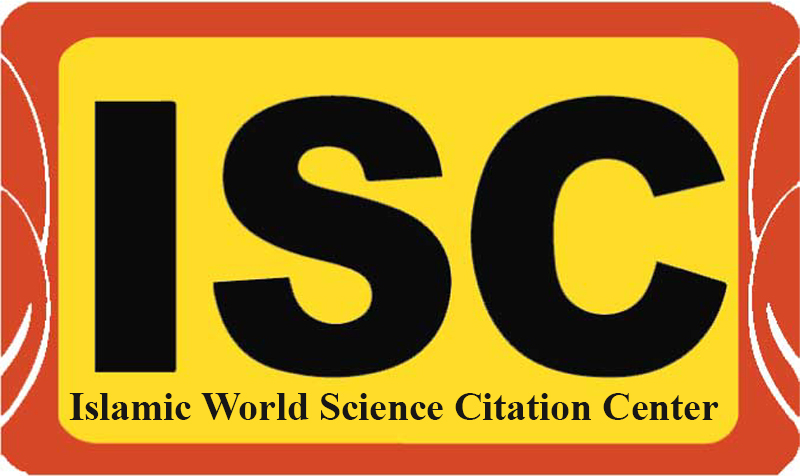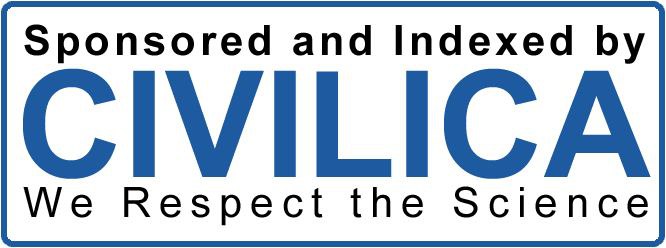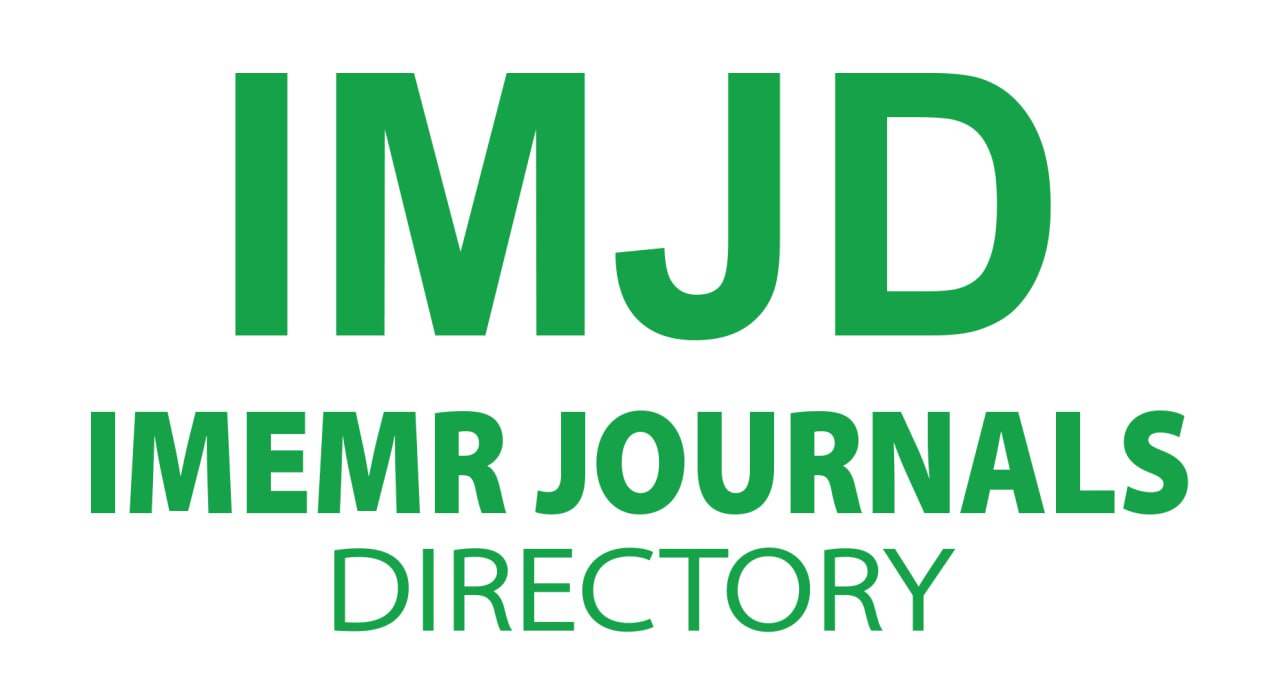Antidiabetic Effects of Hydroalcoholic Extract of Afghan Withania Coagulans in Diabetic Rats
DOI:
https://doi.org/10.62134/khatamuni.69Keywords:
Withania Coagulans, Afghanistan, Blood glucose, Streptozotocin, DiabetesAbstract
Introduction: Diabetes mellitus is the most prevalent endocrine disorder globally, responsible for approximately four million deaths each year and presenting significant health and socio-economic challenges. Traditional herbal medicine has utilized various plant species for managing blood glucose levels and associated complications. This study investigates the effects of Afghan Withania coagulans, a medicinal plant known for its bioactive compounds, on blood glucose levels in a diabetic rat model.
Materials and Methods: Thirty rats were divided into five groups: a vehicle control, a diabetic group, and three groups treated with Withania coagulans extract, obtained via hydroalcoholic extraction. Diabetes was induced using a single intraperitoneal injection of 60 mg/kg streptozotocin (STZ). Fasting blood glucose levels were measured on days 0 and 21 using a glucometer.
Results: Results indicated that STZ significantly elevated blood glucose levels in the diabetic group compared to the vehicle control. Notably, the Withania coagulans extract-treated groups demonstrated a substantial reduction in blood glucose levels compared to the diabetic group (P < 0.001).
Discussion: The presence of active constituents in Withania coagulans such as flavonoids, alkaloids, saponins, coumarins, tannins, proteins, amino acids, and withanolides suggests a potential mechanism for its hypoglycemic effects. This study enhances our understanding of Withania coagulans as a promising candidate for diabetes management.
Downloads
Published
How to Cite
Issue
Section
Categories
License
Copyright (c) 2025 Afghanistan Journal of Basic Medical Science

This work is licensed under a Creative Commons Attribution 4.0 International License.









